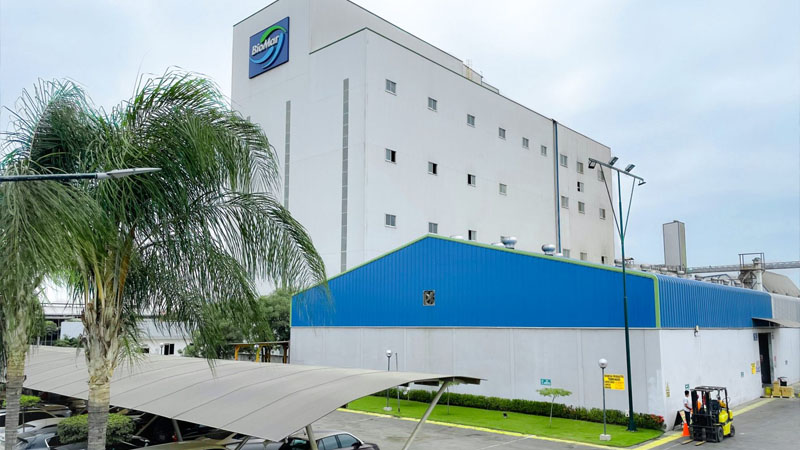Exclusive content

BioMar, a key player in the global aquafeed industry, has reached a milestone in Ecuador. Its Guayaquil-based facility has achieved certification under the Aquaculture Stewardship Council’s (ASC) new international Feed Standard. This development signals a step forward in the broader push toward sustainable seafood production, particularly in the shrimp farming sector.
Raising the bar for shrimp feed
The ASC certification is more than just a stamp of approval; it is a reflection of the increasing demand for responsible practices in aquaculture. Shrimp farming, a critical part of Ecuador’s export economy, relies heavily on high-quality feed. BioMar’s shrimp feed now adheres to stringent global sustainability standards, ensuring that Ecuadorian shrimp farms can remain competitive in markets that increasingly value environmental responsibility.
According to Henrik Aarestrup, BioMar’s Vice President for Latin America, Shrimp & Hatchery, the certification is part of a larger strategy. “Our goal is to provide shrimp farmers with the tools they need to succeed in a rapidly evolving industry,” he said. “With this certification, our customers can be confident that they are using feed that meets the highest global standards for sustainability, helping them secure their position in a fast-growing market.”
Sustainability as strategy
BioMar’s achievement is not simply about meeting certification requirements. It reflects the company’s broader commitment to innovation and sustainability within the aquaculture industry. Aarestrup noted that the certification is a crucial part of the company’s long-term plan to support the shrimp aquaculture value chain. The goal is clear: help farmers remain competitive while ensuring that seafood production is sustainable and transparent.
Chris Ninnes, CEO of the ASC, underscored the significance of this development. “BioMar’s certification in Ecuador is a welcome development towards greater transparency, traceability, and impact measurement in the feed industry,” he said. Ninnes pointed to the importance of collaboration within the value chain, noting that with more than 30 feed mills either certified or in the process of certification, the global aquaculture industry is steadily shifting toward more responsible practices.